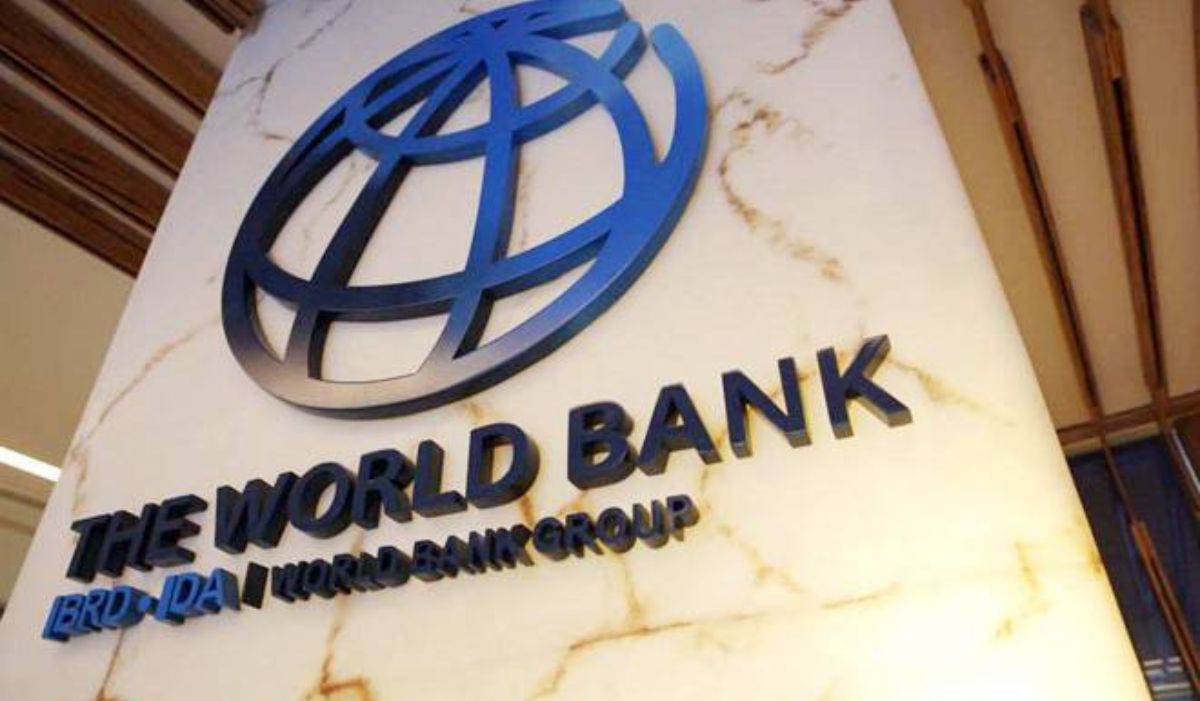World Bank Approves $300m to Address Northern Nigeria’s Displacement Crisis

The World Bank has approved $300 million in financing to support a development project tackling Northern Nigeria’s long-running displacement crisis, which has uprooted more than 3.5 million people due to conflict and insecurity.
Announced on August 7, the funding will go towards the Solutions for the Internally Displaced and Host Communities Project (SOLID), aimed at expanding access to essential services and creating livelihood opportunities for internally displaced persons (IDPs) and the communities sheltering them.
“This operation is central to tackling the enduring displacement crisis in Northern Nigeria,” Task Team Leaders Fuad Malkawi and Christopher Johnson said.
“It reflects the urgency of addressing infrastructure gaps and service delivery challenges in host communities that were already strained before the influx of displaced populations. It will provide targeted livelihood support to help both displaced and host populations achieve sustainable economic outcomes,” they added.
Unlike previous humanitarian-focused interventions, SOLID takes a long-term development approach. It builds on the earlier Multi-Sectoral Crisis Recovery Project (MCRP), also backed by the World Bank, which prioritised emergency relief.
The new initiative will focus on climate-resilient infrastructure, community integration, economic stability, and strengthening institutional capacity. According to the World Bank, the program will directly benefit up to 7.4 million people, including 1.3 million IDPs, using a community-driven model to promote social cohesion and local ownership.
“We are glad to support this initiative, which has tremendous potential to help Nigeria in addressing development challenges associated with protracted displacement in a sustainable way,” said Mathew Verghis, the World Bank’s new Country Director for Nigeria.
Northern Nigeria’s decades-long instability—fueled by insurgency, communal clashes, and weak governance—has left local infrastructure overstretched. The influx of displaced populations has heightened competition for resources, weakened public services, and increased vulnerability to climate-related disasters.
SOLID aims to ease these pressures through investments in roads, water systems, schools, and healthcare facilities, alongside economic programs that encourage self-reliance. Its success will depend on strong coordination between all levels of government, development partners, and community groups.





